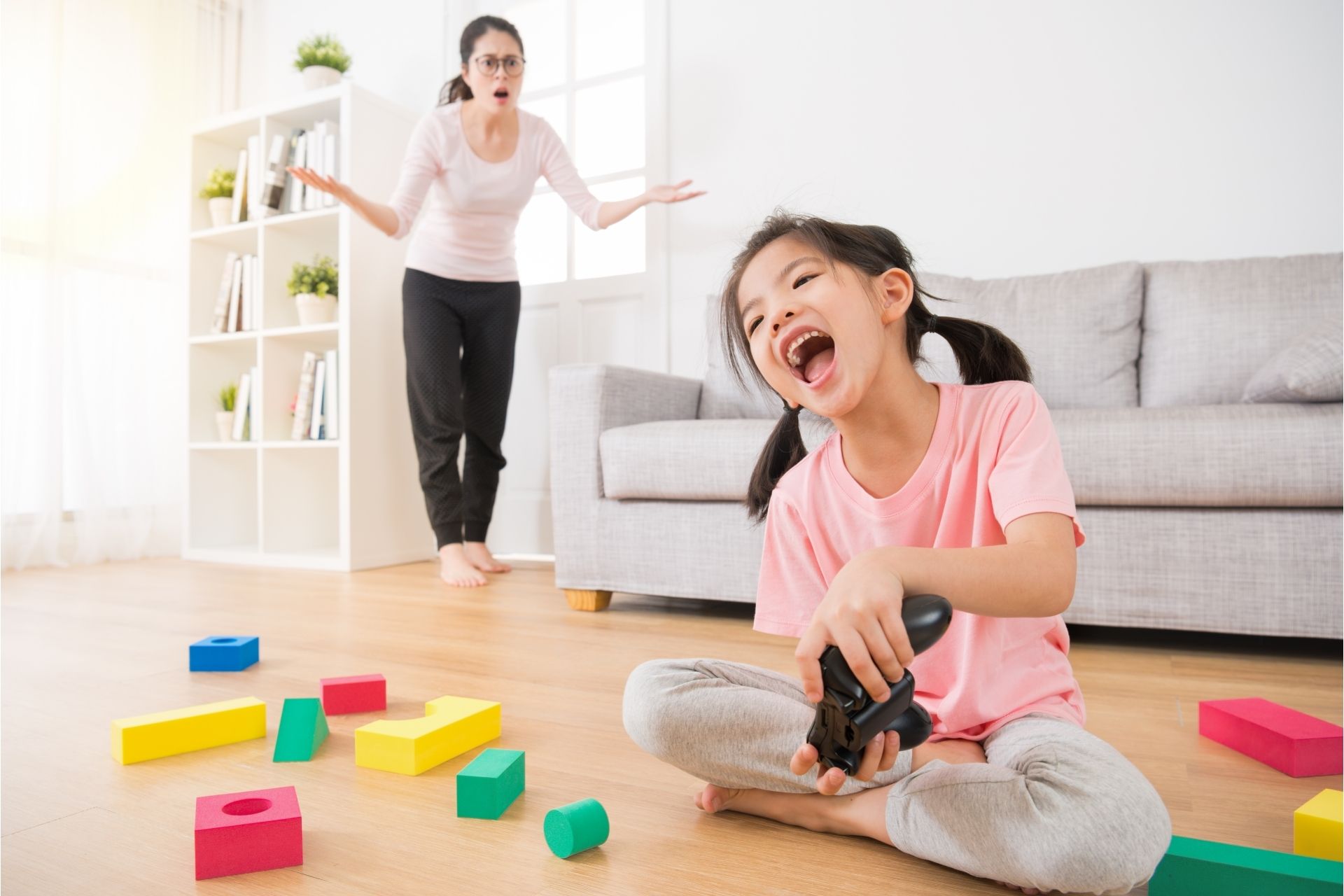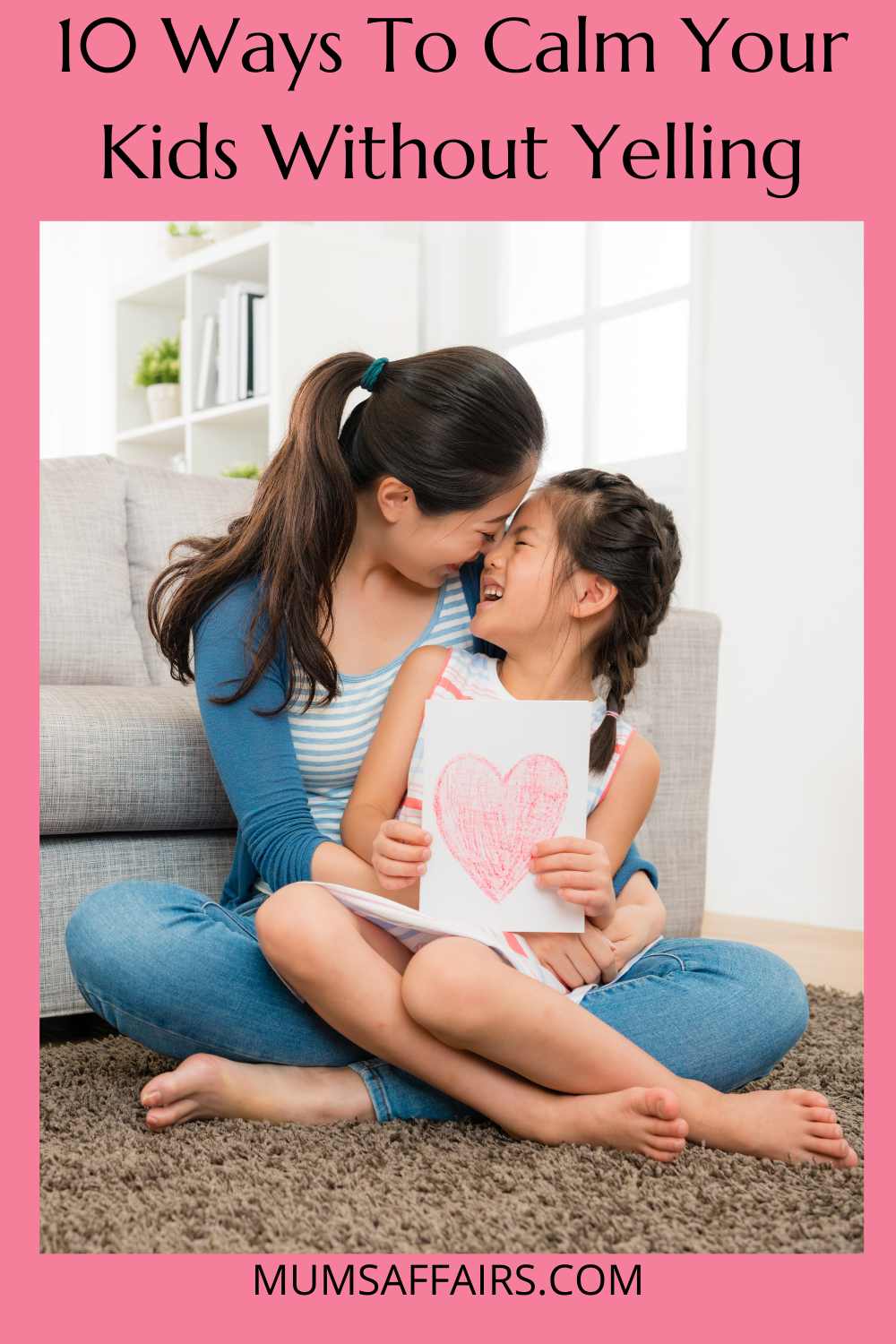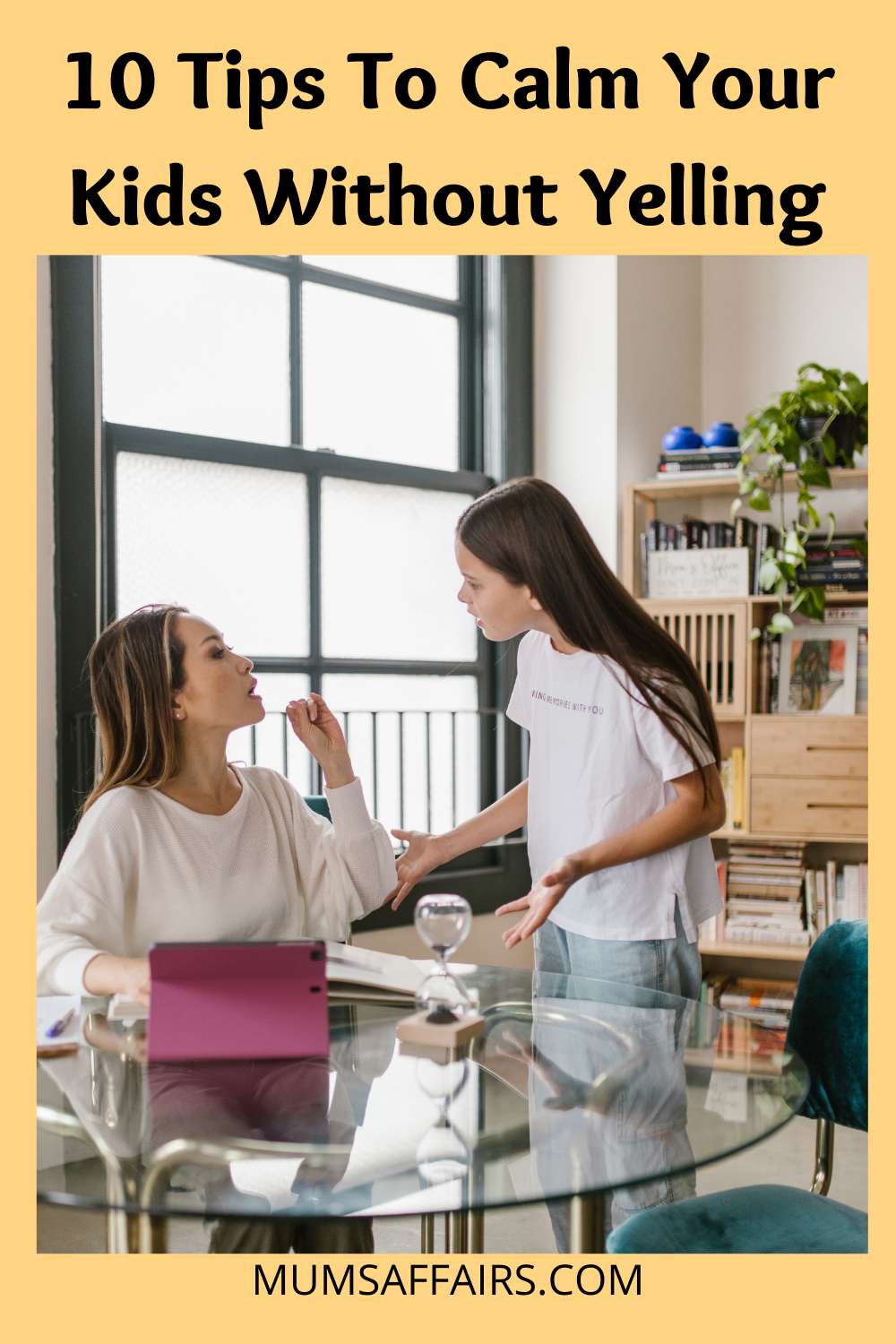
Yelling at your kids isn’t fun, but it seems like the only way to get them to calm down sometimes. However, yelling at your kids doesn’t help them behave better or listen more closely; it usually makes everything worse and increases the likelihood that they’ll have tantrums in the future. Ways to manage your kids that will make things much more peaceful—and hopefully provide you with patience, too!
Parenting may not be an easy job, but there are many things you can do to make it easier for yourself and your kids. You’ll find that the parents who have the happiest and most well-behaved children are the ones who have learned how to manage their kids without raising their voices or losing their tempers with them (which they inevitably do sometimes).
Is It OK For Parents To Yell At Their Kids?
Of course, it is. It’s normal for parents to raise their voices when disciplining their children, and some kids thrive in an environment where shouting is an acceptable form of communication. The important thing is that yelling—or shouting—doesn’t become a habit for you or your family.
Parents who cry too much tend to have misbehaved kids, be disrespectful, and have low self-esteem… so make sure you don’t lose control!
Is Yelling At Your Child Abusive?
Many parents say that yelling at their kids is a way to calm them down when they get mad. However, child psychologists say that yelling at your child isn’t good for them, and it doesn’t help them learn how to behave. Instead of yelling, you can use calming techniques such as breathing exercises or physical activity to relieve stress.
Just taking some time to cool off can also help relieve stress and calm you down enough so that you aren’t yelling at your children. Here are ten ways to calm your kids without yelling.

How To Calm Your Kid Without Yelling
1. Stay Calm
Their parent’s reactions greatly influence children, and they often model their behavior on how a parent reacts to stressful situations. If you need your children to behave well in stressful situations, you must stay calm. Breathe profoundly and respond thoughtfully instead of reacting instantly out of anger.
Talk with your child calmly about what is going on before jumping to any conclusions or making accusations. This will certainly help your child stay calm and collected as well. Also, try to maintain a schedule for bedtime so that everyone knows when it’s time for bed and when there’s still time left for play. Allowing too much free time can lead to increased hyperactivity.
2. Talk To Your Kids About Emotions
Telling your kids to calm down is good, but it won’t necessarily help them make sense of their emotions. You can help your children figure out what they’re feeling by explaining that they have choices when dealing with their feelings. For example, you might say: When you feel angry or frustrated, there are things you can do to help yourself feel better.
One choice is to yell or hit; another alternative is to take a deep breath and count to 10; another option is to walk or play with a toy until you feel better. It’s important to take note that some children may need more time than others to learn how to contend with their emotions in healthy ways. The key is not giving up on helping them understand why certain behaviors are helpful, and others aren’t.
It also helps explain that even though someone else did something mean or hurtful, we don’t have to respond in kind. We always get to choose our behavior and responses no matter what other people do. This concept applies equally well to adults as it does to children, by the way!
3. Set Limits Using Natural Consequences
If you take your kid’s electronic device away after he has failed to turn in his homework for two weeks, for example, he’ll probably think you’re mean. But if your kid fails to turn in his homework because he doesn’t have a working printer, and if he loses access to his electronic devices as a consequence of that—not because you took it away—he may not feel as bothered by it.
In other words, natural consequences are more effective than imposed ones. Natural consequences naturally happen when kids fail to follow the rules or make good choices; imposed consequences are those things parents add on top of them (like taking away privileges). The best part? Natural consequences can help teach kids how to make better decisions in the future.
So while they might be frustrating now, they can end up helping you parent more effectively down the road.
4. Change Your Language From Must Do To Can Do
The first thing parents should do is change their language from must to can. For example, instead of saying, You must clean your room now, try saying, You can clean your room now. Instead of saying, You must be quiet when I tell you to be dead, try saying, I am giving you an alternative: You can be quiet right now or go to time out.
The option is yours. It’s also essential to clarify that you are offering choices—not imposing them. Explain why you are asking your child to choose between two options and let him know that he doesn’t have to like either one, but he does have to choose one (for example, You don’t have to like going into time-out. It’s not fun for me either.
5. Give Them Some Control Over Their Actions And Choices
If your kids are causing havoc, try handing them some control over their actions and choices. For example, if they’re driving you nuts by running through a store throwing items into their cart as fast as they can, tell them that you can only shop at that store if they choose which items to buy carefully. This will help calm them down and make shopping more enjoyable for everyone.
You can also use it to get yourself out of a bad mood—if you feel like yelling at your partner or child, hand over control of something they enjoy doing (like TV time) so that they have to behave well for it to continue. This strategy is called contingency management and has been shown in studies to be an effective way of helping people manage anger issues. It’s reverse bribery:
Instead of punishing your kid with consequences after they misbehave, give them rewards before they do. It helps teach good behavior because it lets kids know what kind of behavior leads to rewards.
6. Praise Good Behavior
It’s hard to reprimand your kids when they misbehave, especially when they’re young. But you don’t want to undermine them by praising their good behavior every time—otherwise, they may not know what you want. A few times a day, acknowledge and praise your child for doing something right. For example, You did such a great job sharing with your sister!
I’m so proud of you! Praise is a powerful device that will help get your children on track without damaging their self-esteem or feeling, as they can never make mistakes. It also teaches them to be happy with themselves when they do well.
7. Don’t Discipline While Angry
Parents are human, too. And humans have emotions, which sometimes come out as anger toward their children when they’re not behaving. Instead of yelling when your kids push your buttons and make you mad, please take a few minutes to cool off before correcting them. This will help prevent you from saying things you don’t mean or losing control completely.
If possible, try to avoid disciplining in front of other people—your child will be less likely to misbehave if he knows that others are watching him. Also, remember that discipline doesn’t necessarily equal punishment; it can also be used to teach valuable lessons. Finally, consider having a time-out corner set up at home where your child can go to calm down after making poor choices.
The American Academy of Pediatrics recommends that time-outs last no longer than one minute for every year of age (for example, two minutes for a two-year-old).
8. Use Humor When Possible
Humor is a powerful device to use when you want to calm your kids down. If they are angry or frustrated, one of my favorite tactics is to make jokes about how angry or frustrated they are! But remember that humor works best when it’s kept light, and your kid isn’t so upset that she can’t laugh at herself.
You can also try joking about what happened to get her worked up in the first place (if it was something minor). For example, if your daughter got mad because her brother wouldn’t let her play with his toy, say something like I guess we should have told you earlier that toys aren’t free—they belong to someone else and need to be shared.
This will help remind her that things aren’t always fair, but we still need to respect other people’s property.
9. Be Consistent With Expectations
If you’re expecting your kids to be on time, mean what you say—don’t just ask them to be on time; don’t just tell them that you expect them to be on time; follow through with action. If they know what is due to them, they will try harder to meet those expectations. Be accordant in everything you do and say, always telling them what will happen if things go one way or another.
For example, If you get all A’s on your report card, we can go to Disneyland for a weekend. Or, If you get all C’s on your report card, we can only afford to take a day trip to San Diego instead of going for a whole week like we usually do. The key here is being very limpid about what happens when certain things are done. You might even want to write it down so there are no misunderstandings later.
10. Respect Your Children
One of the master ways to get your kids to behave is by showing them that you respect them. Children need discipline, but that doesn’t mean they should be yelled at when acting out. Acknowledge their feelings and ask what’s wrong before getting frustrated. When children feel like they are being heard, they will feel less compelled to misbehave to get attention.
It’s also essential for parents to show children how much they love them daily, even if it means not yelling or punishing them for bad behavior. Even young children can understand that mommy and daddy still love them, even when they don’t always agree with their actions. Remember: Discipline is about teaching, not punishment. The most essential way to teach a child is through example.
If you want your child to listen, you have to listen too. If you want your kid to say please and thank you, then those words must also come from you. Children learn what they live; make sure you understand positive behaviors so that life gets easier down the road!
Final Thought On Ways To Calm Your Kids Without Yelling
Angry parents often treat their children poorly when they arrive home. As a result, they’re always in trouble and are too overwhelmed to accomplish their goal. When it comes to punishing a child, harsh methods don’t help him or she learn what they did wrong. They make them resent you, feel like they can’t trust you, and ultimately despise you. Thanks for reading this article to the end.
Pin This For Later!


